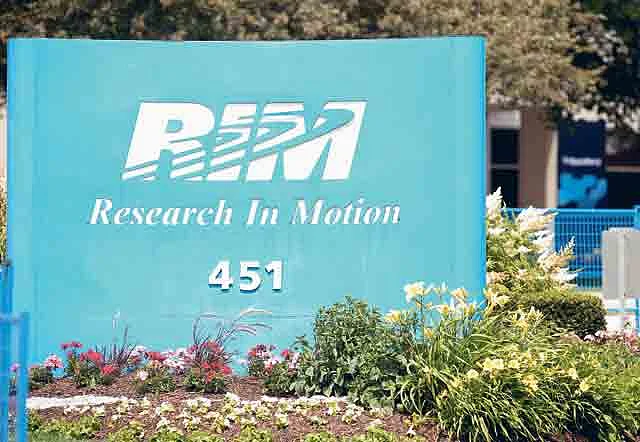Gartner expects agreement with TRA before ban date
Solution lies in RIM opening network operations centre within GCC

Dubai: Research in Motion (RIM), the maker of the BlackBerry smartphone, and the UAE's Telecommunications Regulatory Authority (TRA) could likely come to an agreement on BlackBerry services before the ban scheduled for before October 11, says a Gartner analyst.
The most likely scenario, according to Leif-Olof Wallin, a Gartner research VP with 25 years of experience in the industry, would be for Canadian-based RIM to open an NOC, or network operations centre, somewhere in the GCC, such as the Dubai Internet City or in King Abdullah Science Centre in Saudi Arabia. An NOC is the actual location of the data centre that oversees and monitors the BlackBerry network.
"If there is enough government pressure from enough important Middle Eastern countries, I think that is [a] highly likely scenario," he said.
"Such a solution would not compromise data. It would only mean there is physical hardware in the region that information would flow through," he said.
"It's a win-win. It shows good will… It wouldn't undermine client/end-user confidentiality in anyway."
He added that currently RIM has expanded its system — previously the only NOC was in Canada — to include sites in the UK and Germany. There are also a number of NOCs being built in Asia, although the exact number, location, and status of those sites is unknown.
Security
However, Wallin said that having a regional based NOC does not present the loss of security that many have assumed. While local authorities would have legal jurisdiction over the NOC, the messages on the site's servers would still be encrypted.
"Even if BlackBerry were to open up and provide more information about what goes on, that still doesn't make the information accessible to a government agency," he said.
"All the information that flows in the RIM network is encrypted and RIM doesn't have the key to unencrypt the information. The only [one] who has that key is the owner of the device, and you personally set up that key when you use the device for the first time."
Decryption
BlackBerry communications are so secure, Wallin said, that they are Nato-certified for "Secret" information with the highest certified secured e-mail solution on the marketplace. That does not mean that some information can't be decrypted.
"There is the likelihood that some messages could be decrypted if you have enough computing resources to throw at it," he said. "It's not like they can crack it and read everything. Every user has a personal encryption key.
"As far as I know, if you have the inscription key, you would be able to decrypt pretty much anything that that user communicates."
According to Wallin, the Middle East is not a big enough market for a company like RIM to make substantial concessions that could be adversely impacting a significant number of customers or perception by customers in other regions.
"That's definitely the biggest concern for BlackBerry right now; not making concessions that could be construed as violating the core values of BlackBerry, which is being the most secure e-mail solution out there," he said.
He said a ban on BlackBerry could also have an adverse effect on the UAE.
"The UAE is the preferred location for a Middle East [business] hub," he said. "It being perceived as a government that wants to get control of corporate communications will of course make some of my clients uncomfortable and consider different location for the future and possibly relocate."
Any ban would also open up opportunities for other smartphone makers. "The Samsungs and the Nokias and the HTCs of the world see this as an opportunity to displace some BlackBerry volume in the Gulf," he said.
Gartner estimate number of BlackBerrys in the UAE to be around 500,000, with around one million in the region.
Sign up for the Daily Briefing
Get the latest news and updates straight to your inbox
Network Links
GN StoreDownload our app
© Al Nisr Publishing LLC 2026. All rights reserved.